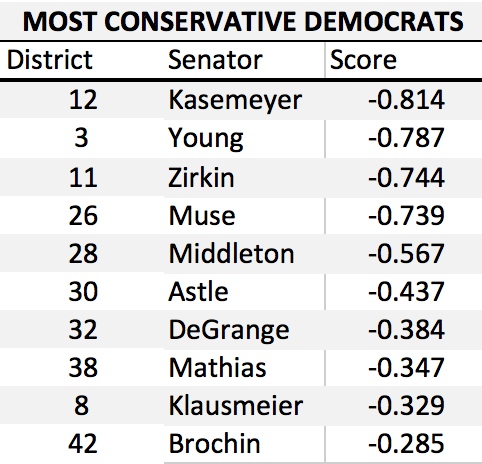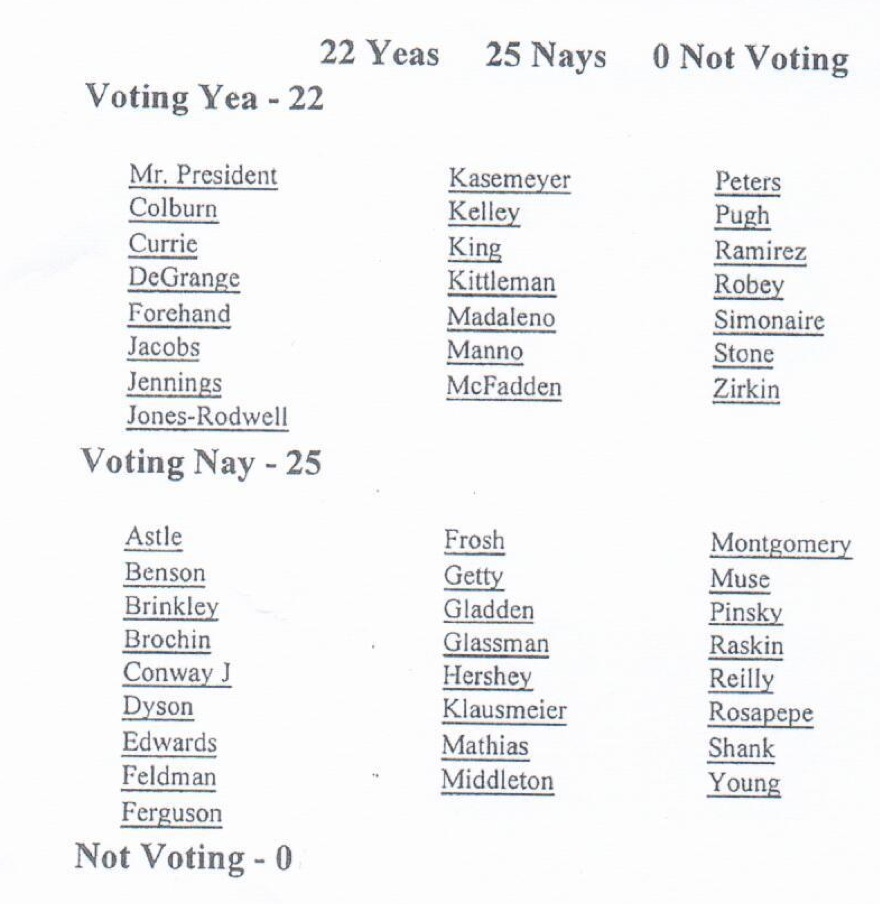Continuing my analysis of why Jealous did so poorly in the gubernatorial election, today’s post examines factors that contributed to Ben Jealous’s defeat.
Larry Hogan
This is really the key factor. Gov. Larry Hogan was a good candidate. Throughout his tenure, he’s had an eye for the small politically popular act. He didn’t make any major changes, which also meant that few were offended. His cancer made him all the more sympathetic. Democrats thought that reaction to Trump would bring him down but Hogan proved a nice contrast. On top of that, the Governor raised a ton of money for his reelection campaign.
Connection to Maryland
Notwithstanding the lie on his campaign website that he “lived in Maryland throughout his career,” Ben Jealous’s ties as an adult to Maryland are quite weak. He only began voting here in 2012 and the 2018 gubernatorial primary was his first. Even when Jealous headed the NAACP he lived in Washington, D.C. Especially outside of the D.C. suburbs, Jealous came across as a member of the Washington establishment rather than a Marylander. Marylander has a history of rejecting candidates viewed as having parachuted into the state.
Ironically, the repeated reference to Jealous as the “nationally known” leader of the NAACP only reinforced this impression. Moreover, Jealous is well-known in elite Washington circles but not so much among ordinary African-American Marylanders who ended up voting for Hogan at far higher rates than usual for Republican candidates. During the primary, Jealous didn’t tout a single endorsement from any local or state officials of any race. His campaign repeatedly brought in national politicians.
Knowledge and Previous Impact in Maryland
Jealous’s knowledge about Maryland was painfully thin at times. He made ending mass incarceration a central plank of his campaign. Except the General Assembly working with Gov. Hogan had already taken action on this issue. As David Moon mentioned in a recent blog post, Maryland now has the fastest rate of decline in its prison population.
Similarly, Jealous tried to bring the federal fight over judicial nominees to Maryland and make voters fear Hogan’s appointees. Hogan’s judicial appointments have been neither radical nor politicized, as evidenced by the lack of Democratic opposition. It didn’t help that Jealous mistakenly referred to the Court of Appeals as the “Supreme Court.”
Jealous massively over claimed about his political impact in Maryland. He touted frequently his leadership in fights to eliminate the death penalty and pass marriage equality. I spoke with Sen. Bobby Zirkin, one of the pivotal senators on the death penalty question, and he still has never met Jealous. Similarly, none of the General Assembly leaders on marriage equality met or strategized with him during the lengthy battle on this issue.
The campaign repeatedly relied almost exclusively on an increasingly shopworn citation from the Baltimore Sun as “Marylander of the Year” to buttress his claims. But neither Jealous nor his campaign backed up these claims convincingly or had Marylanders ready to attest to them.
Finally, even his record as leader of the Baltimore-based NAACP was mixed. Jealous liked to talk about all the money he brought in to the NAACP and his role in building up the organization. But he left it facing a financial crisis. Revenue was down by roughly one quarter in his last year and the organization is now about the same size as when arrived but poorer, as the NAACP’s assets declined substantially during his tenure.
Poor Fundraising
The love of money may be the root of all evil but campaigns need it to get their message out. In Montgomery County, the campaign almost did not exist until the very end when we were treated belatedly to a bushel of low-quality television ads. I never saw any online ads for Jealous. Nor did I receive any mail from the campaign.
I don’t know why Jealous didn’t have the money. During the primary, Jealous used his vaunted ability as a fundraiser to convince many endorsers to support his campaign. He delivered in the primary, but the general was a bust notwithstanding his claims that he could raise in excess of $10 million.
Despite being labelled inspirational and transformative by supporters, the Jealous campaign’s fundraising contrasted dramatically with even average Democratic candidates around the country who outraised their Republican opponents. Did he just not engage enough in the necessary evil of call time?
Part III continues this analysis of this year’s Democratic gubernatorial defeat.




